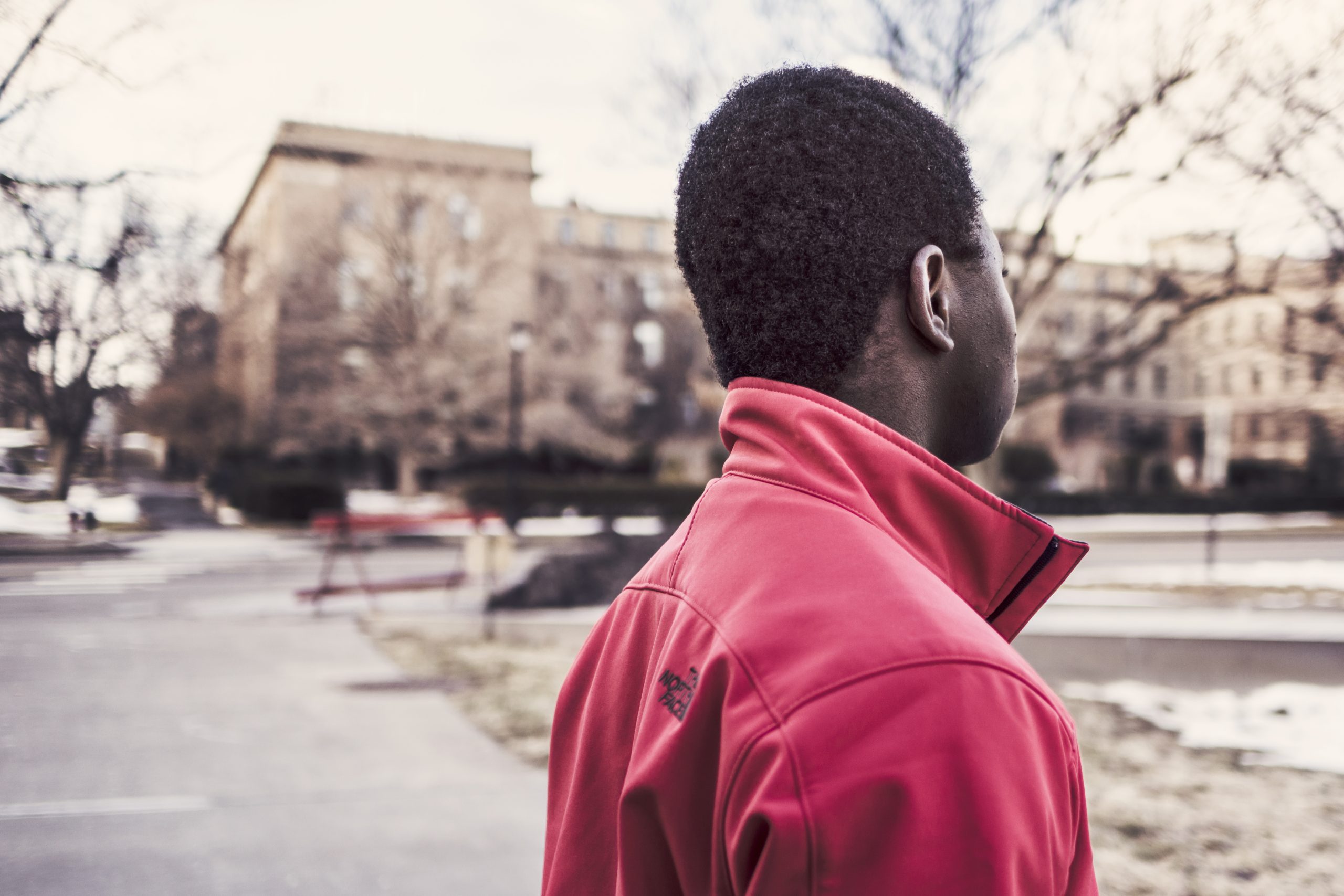
Originally published October 25, 2022
Many argue that well behaved students do not deserve to have their learning disrupted by unruly behavior. But what happens to the students who are expelled or suspended for their misbehavior?
In new research, Dylan Jackson and colleagues find that children who have been expelled or suspended from school experience earlier and more frequent police encounters. And that the nature of these stops can be traumatic, with officers using racial slurs, excessive force, and conducting intrusive searches.The researchers speculate that these early, frequent, and traumatic interactions with the police increase the likelihood of later incarceration because they foster distrust of police and may even lead to post-traumatic stress disorder.
There are many reasons why youth who have been expelled might experience earlier and more traumatic contact with police. Children who do not have parents at home to supervise them may be out in public during school hours – where they are likely to be stopped and questioned by police because they look out of place.
School expulsion can also make it difficult for youth to graduate high school since they miss out on class time. Because it is harder for people without a high school diploma to find jobs, such youth may seek income through illegal activities.
Jackson and colleagues suggest that schools should replace expulsion with alternatives that are supported by evidence and do not raise the risk of police contact. One approach is school-based restorative justice, which empowers students with the communication skills needed to resolve conflicts and encourages teachers to refrain from punishing students. The goals of such alternatives are to promote student health and wellbeing, improve the school climate, and reduce racial disparities – while minimizing the disruptive effects of expulsion.

Comments